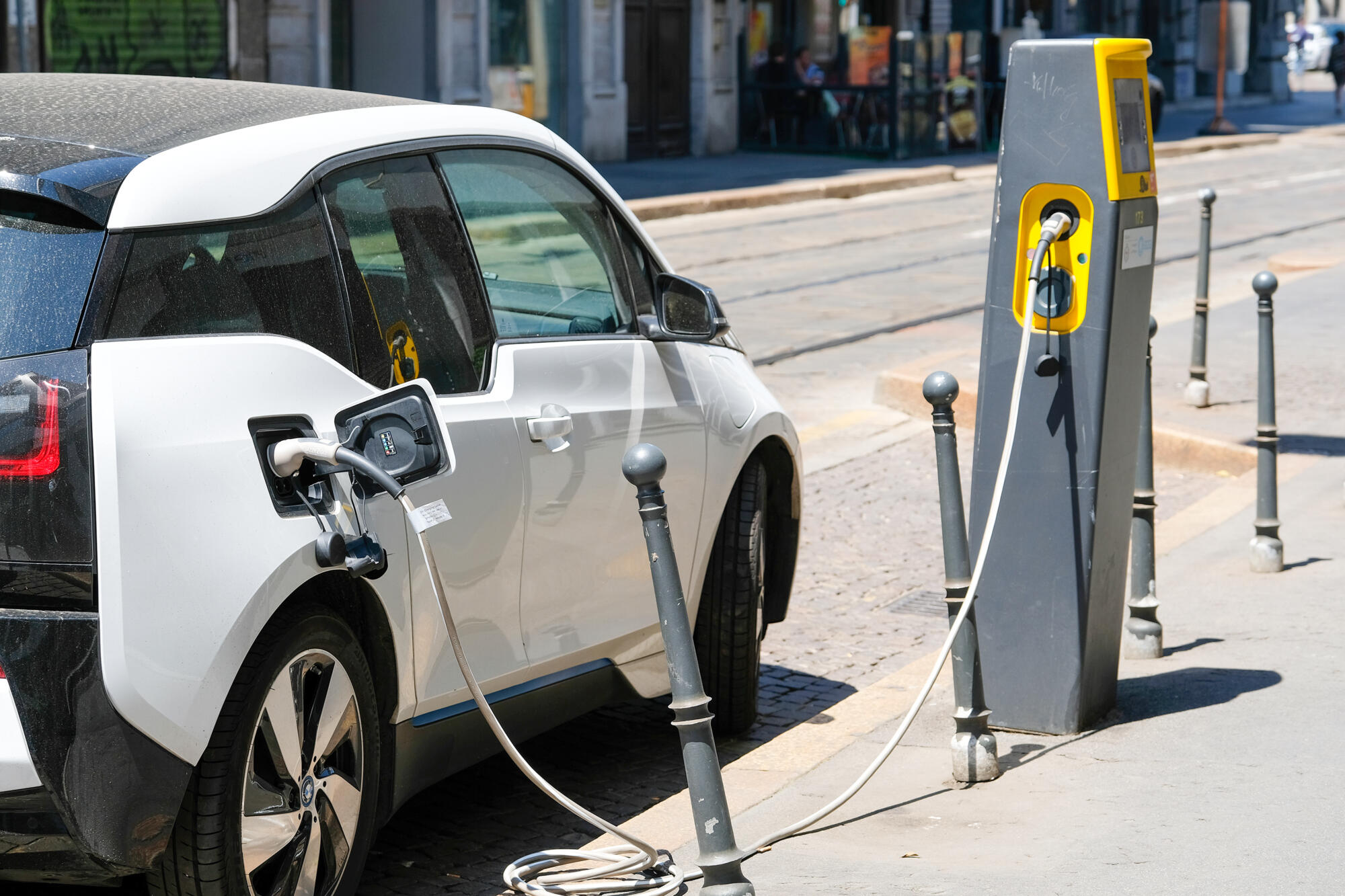Greening corporate fleets: the Commission would like to hear your views!
The corporate fleet markets for light and heavy-duty vehicles have a high yearly mileage and rapid vehicle turnover. They may therefore be well-suited to accelerating the move towards zero-emission mobility. Possible actions to accelerate this uptake could complement the implementation of existing rules on road transport emissions. As part of the Greening corporate fleets initiative, the European Commission is looking for stakeholder input, including from cities and regions, as it further develops and fine-tunes this initiative.
Road transport is a vital enabler of the mobility of passengers and goods in the EU, providing the backbone of economic growth. However, it also contributes to around a quarter of the EU’s total emissions of CO2. The Sustainable and Smart Mobility Strategy of the European Commission highlights the need for an inevitable shift to zero-emission mobility to meet the decarbonisation targets of the European Green Deal. This includes ambitious CO2 reduction targets for cars and vans, meaning that by 2035 all sales of new cars and vans will be zero-emission vehicles. But also setting more ambitious targets for heavy-duty vehicles like buses and trucks, which includes a zero-emission mandate for urban buses and is currently being negotiated with the European Parliament and the Council.
Now, the European Commission intends to explore possible initiatives to accelerate the shift to zero-emission vehicles in corporate fleets, to contribute to the EU zero-emission targets for transport. For this, it is targeting a wide array of stakeholders who could be impacted by this initiative, to analyse the state of play of the corporate fleet market, outline challenges and possible areas of action, and collect best practice examples for accelerating the transition to zero-emissions. This includes both light-duty (cars and vans) and heavy-duty vehicle sectors (lorries and coaches), as well as potential clients and users of these operators. Given the significant role played by corporate vehicles across various economic activities, the consultation seeks to gather feedback from a diverse range of stakeholders, taking into account the potential impacts an initiative in this area could have on them and society as a whole. By conducting this consultation, the Commission aims to gain better insight into the potential impacts of all regulatory or non-regulatory options.
This open public consultation addresses corporate fleets of cars, vans, lorries, and coaches. It is important to consider the specifics of the different types of corporate fleets that differ in terms of their market structures - whereas buses (excluding coaches) are not in the scope of this open public consultation because they fall under public procurement and are already subject to the mandatory targets under the Clean Vehicles Directive, public authorities still make use of these types of fleets (for example, by leasing vans or purchasing coaches for regional public transport services). They are also key enablers for the adoption of zero-emission fleets by private companies, by providing publicly available charging infrastructure for specialised and captive fleets.
POLIS is currently analysing this proposal and its possible implications for the existing legislative initiatives already in place like the Clean Vehicles Directive, or will be in effect in the coming years like the CO2 standards for both light-duty and heavy-duty vehicles. We therefore invite you to share your views on this initiative, either by providing input for the open public consultation available here, or by directly contacting Pedro Gomes (pgomes@polisnetwork.eu), POLIS Clean Vehicles and Air Quality Cluster Lead.
The consultation period will last between 06 February 2024 and 30 April 2024 (midnight Brussels time).
